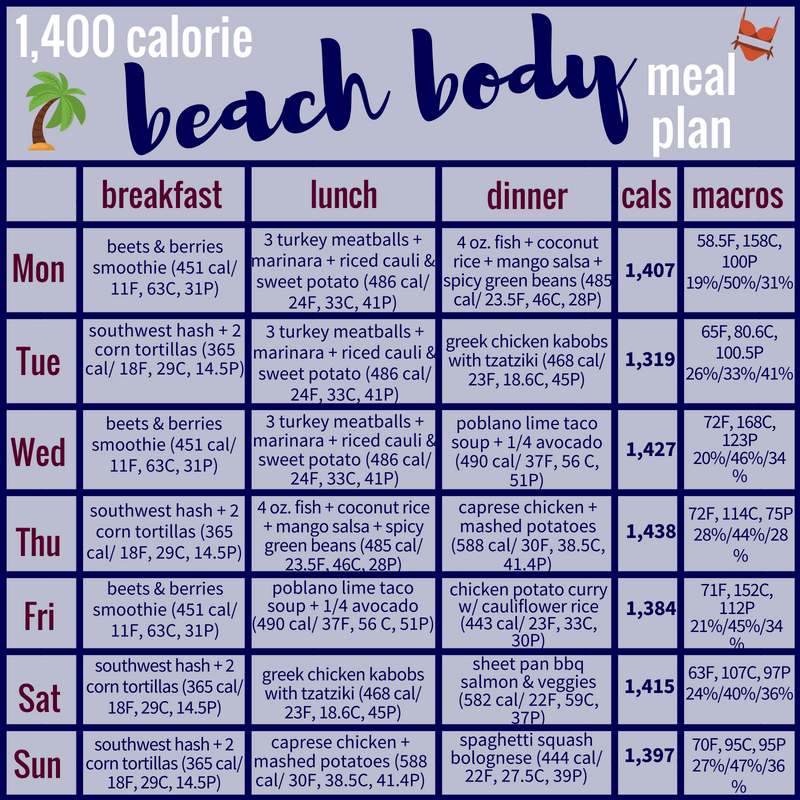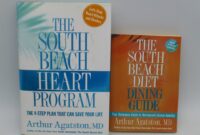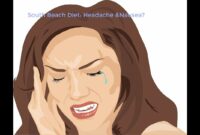Two Week Beach Body Diet: The phrase conjures images of rapid transformation, but the reality often falls short of the marketing hype. This guide explores the promises and pitfalls of quick-fix diets, offering a balanced perspective on achieving a healthier physique within a two-week timeframe. We’ll delve into the science behind sustainable weight loss, providing practical advice on nutrition, exercise, and mental well-being to help you approach your goals realistically and responsibly. Ultimately, the focus will be on creating healthy habits that extend far beyond the two-week mark.
We’ll examine the common marketing tactics used to promote rapid weight loss, highlighting the potential risks of crash dieting, such as nutrient deficiencies and metabolic slowdown. We’ll then outline a balanced two-week plan that incorporates a nutritious meal plan, effective workouts, and strategies for managing stress and maintaining a positive mindset. The goal is not just about achieving a temporary aesthetic change but about fostering sustainable lifestyle changes for long-term health and well-being.
The Promise and Reality of “Two Week Beach Body” Diets
The allure of a “two-week beach body” is strong, fueled by marketing that often prioritizes quick results over sustainable health. These diets promise dramatic transformations in a short timeframe, capitalizing on the desire for immediate gratification and the pressure to achieve a specific body image. However, understanding the realities of rapid weight loss is crucial for making informed decisions about your health and well-being.
Marketing Tactics Promoting Rapid Weight Loss
Marketing campaigns for rapid weight loss diets frequently employ tactics designed to appeal to emotions and bypass critical thinking. Common strategies include before-and-after photos showcasing dramatic weight loss, testimonials from satisfied (or seemingly satisfied) customers, and claims of easy, effortless weight loss. These campaigns often focus on the immediate aesthetic benefits, neglecting the potential long-term consequences. The use of celebrity endorsements and catchy slogans further reinforces the appeal, often overshadowing the potential health risks. This creates an environment where the promise of a quick fix outweighs the importance of sustainable, healthy weight management.
Risks Associated with Crash Dieting
Crash diets, by their very nature, severely restrict caloric intake and often eliminate essential food groups. This can lead to several serious health consequences. Nutrient deficiencies are common, as the body is deprived of vital vitamins and minerals necessary for optimal function. This can manifest in fatigue, weakened immunity, and even more serious health problems over time. Furthermore, crash dieting can significantly slow down metabolism. The body, perceiving a starvation state, adapts by slowing its metabolic rate to conserve energy, making it harder to lose weight in the long run and potentially leading to weight regain once normal eating patterns resume. The yo-yo effect of weight loss and gain can also negatively impact overall health.
Advertised Benefits Versus Achievable Results
“Two-week beach body” diets often advertise significant weight loss, often in the range of 10-15 pounds or more. They may also promise increased energy levels and improved skin tone. However, the reality is far more nuanced. While some weight loss is possible in two weeks through restrictive dieting, it’s primarily water weight and a small amount of fat loss. Significant and sustainable weight loss requires a more gradual and holistic approach. The advertised benefits are often exaggerated and fail to acknowledge the potential negative side effects. Moreover, any weight lost through crash dieting is often quickly regained once the diet ends. The temporary improvements in energy levels and skin tone are usually outweighed by the negative health consequences.
Comparison of Realistic and Advertised Weight Loss Expectations
| Marketing Claim | Realistic Expectation | Weight Loss Method | Potential Health Risks |
|---|---|---|---|
| Lose 10-15 pounds in two weeks | Lose 1-2 pounds of fat, potentially more water weight | Severe calorie restriction, elimination of food groups | Nutrient deficiencies, metabolic slowdown, muscle loss |
| Dramatic body transformation | Minor changes in body composition, mostly water weight loss | Unbalanced diet, unsustainable practices | Fatigue, irritability, digestive issues |
| Increased energy levels | Likely decreased energy levels due to calorie restriction | Lack of essential nutrients | Weakness, dizziness, impaired cognitive function |
| Improved skin tone | Potential worsening of skin tone due to nutrient deficiencies | Dehydration, lack of essential vitamins | Dry skin, acne breakouts |
Last Recap
Achieving a “beach body” is less about a specific timeframe and more about embracing a holistic approach to health and wellness. While a two-week plan can offer a jumpstart to your fitness journey, the true reward lies in building sustainable habits that support your long-term well-being. Remember, consistent effort, a balanced approach, and a positive mindset are key to achieving lasting results. This two-week plan provides a foundation; building upon it with consistent healthy choices will yield the most rewarding and lasting results. Don’t focus solely on the scale; focus on how you feel – energized, healthy, and confident.




